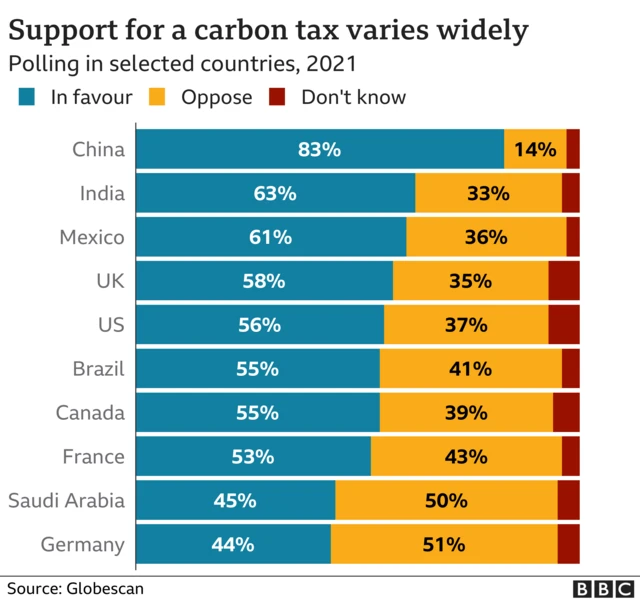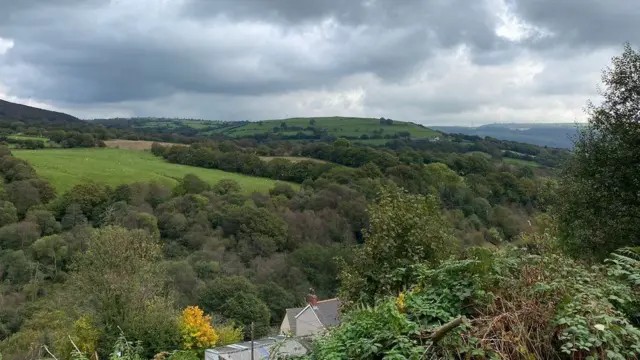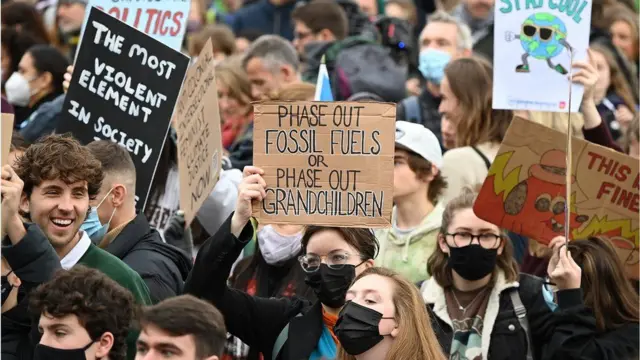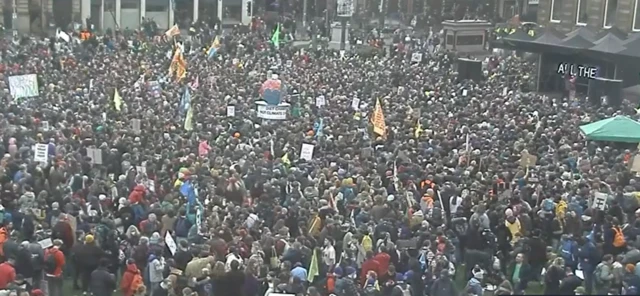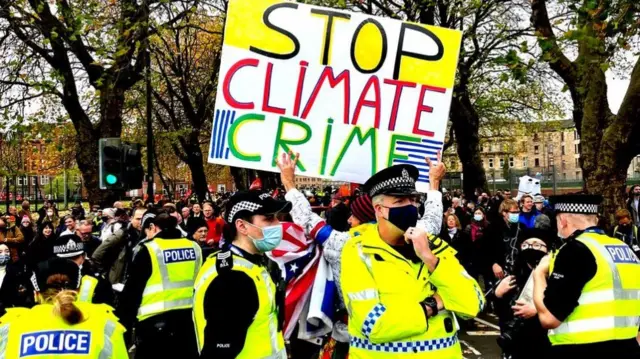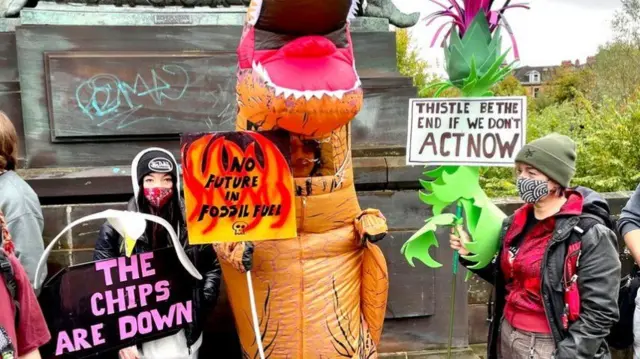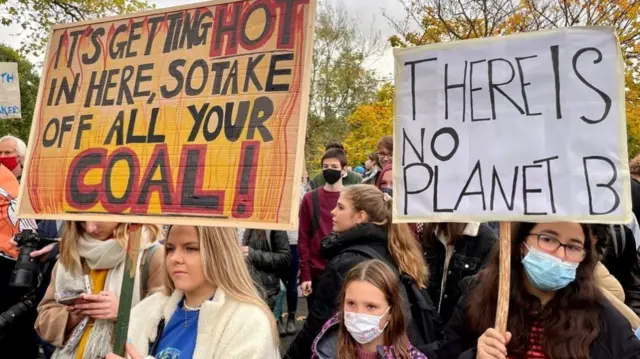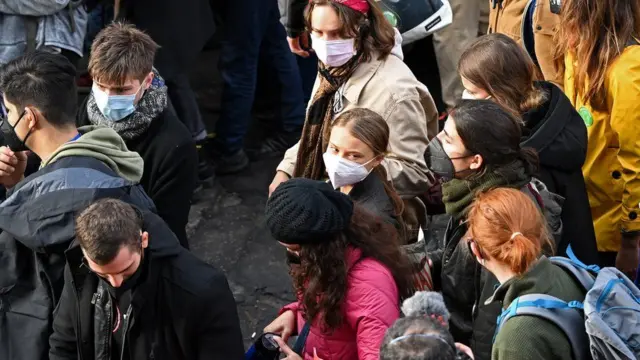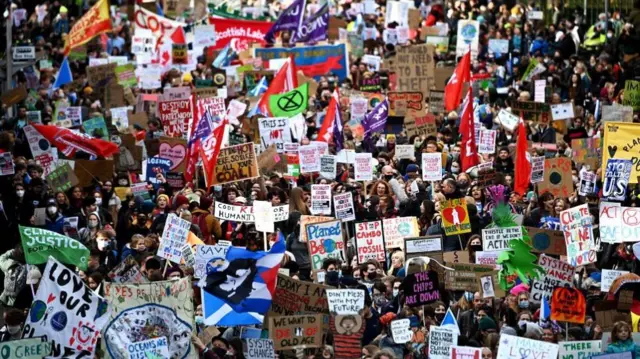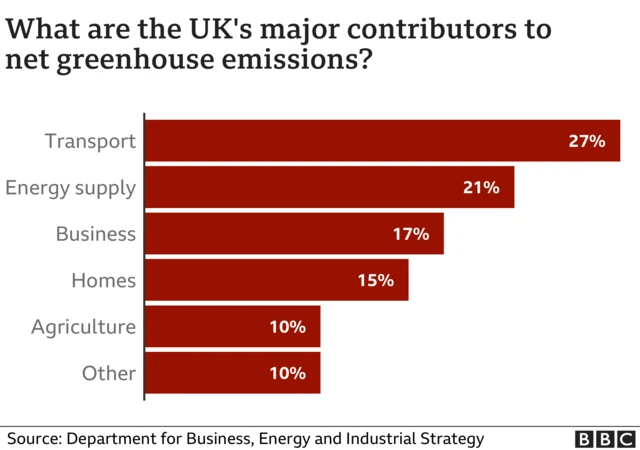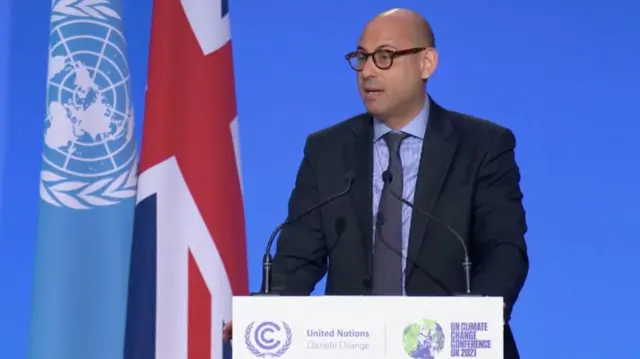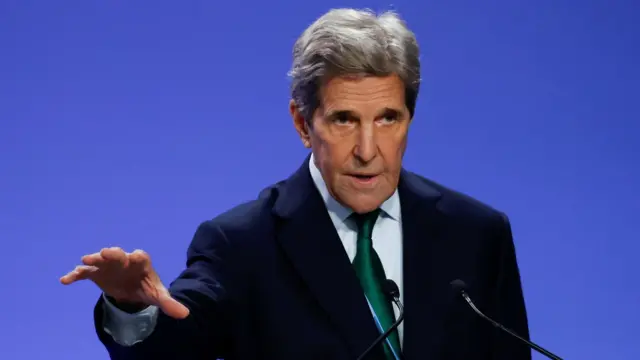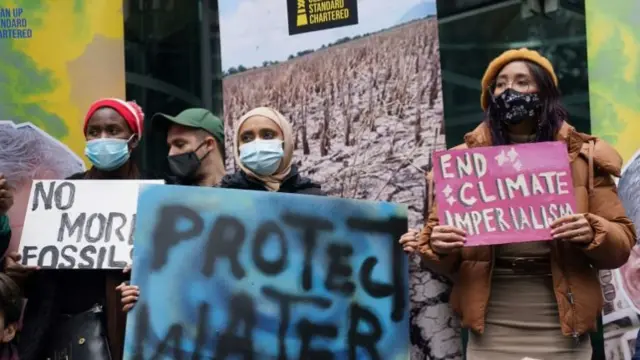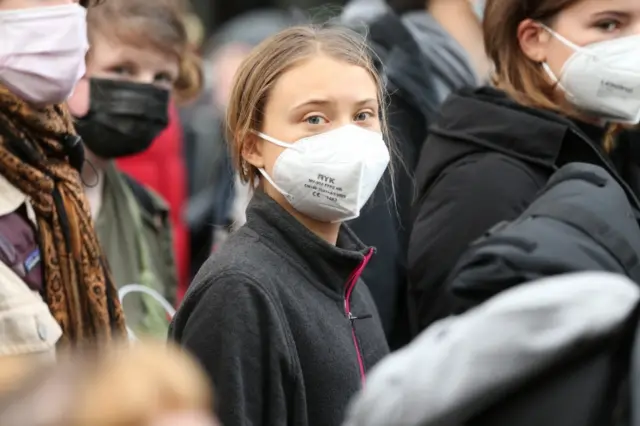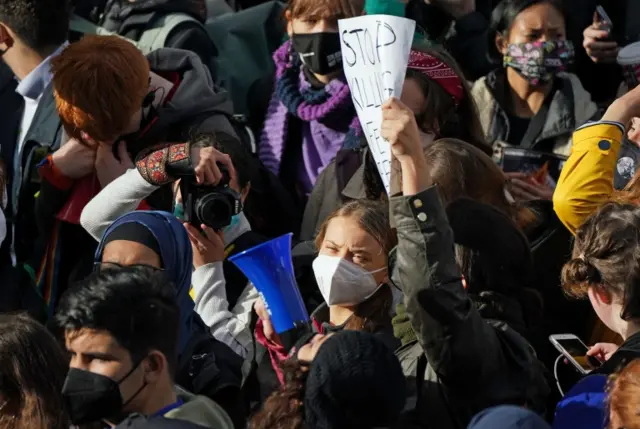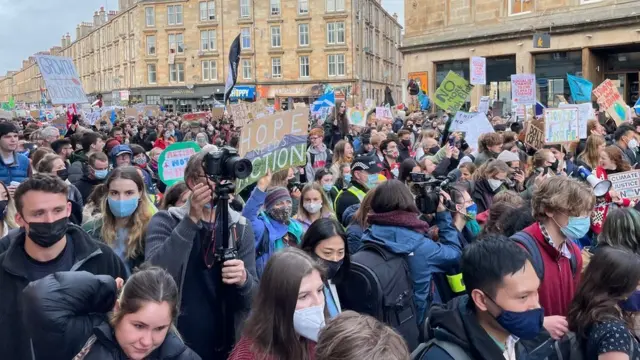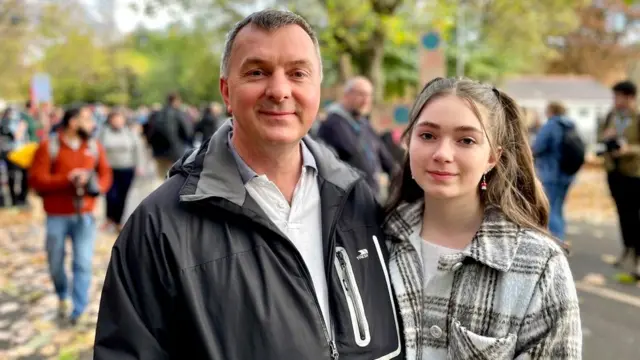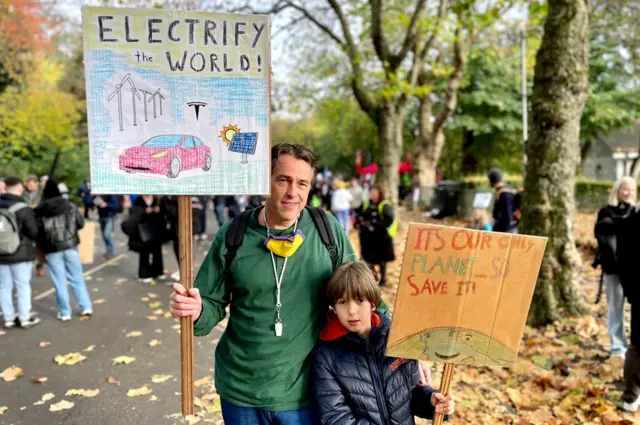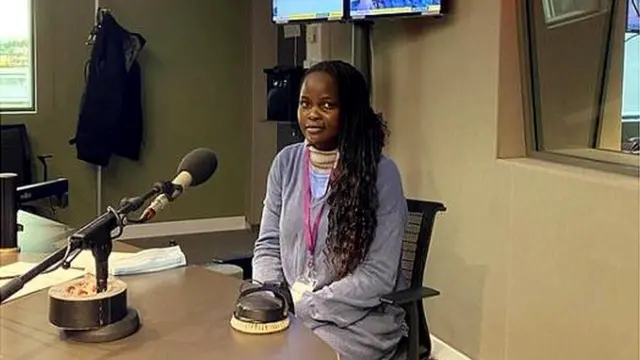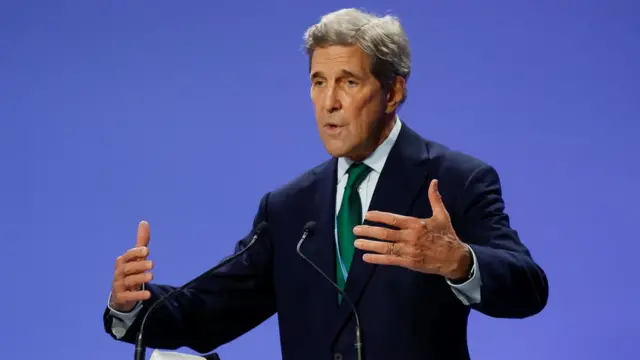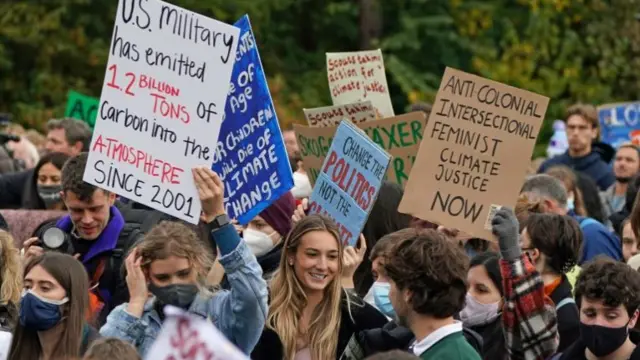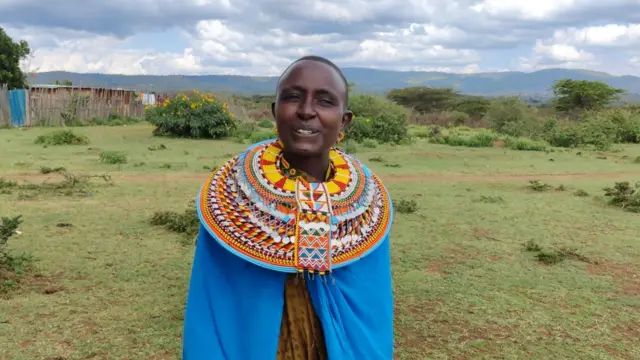Support for carbon tax growing globally - BBC pollpublished at 14:53 GMT 5 November 2021
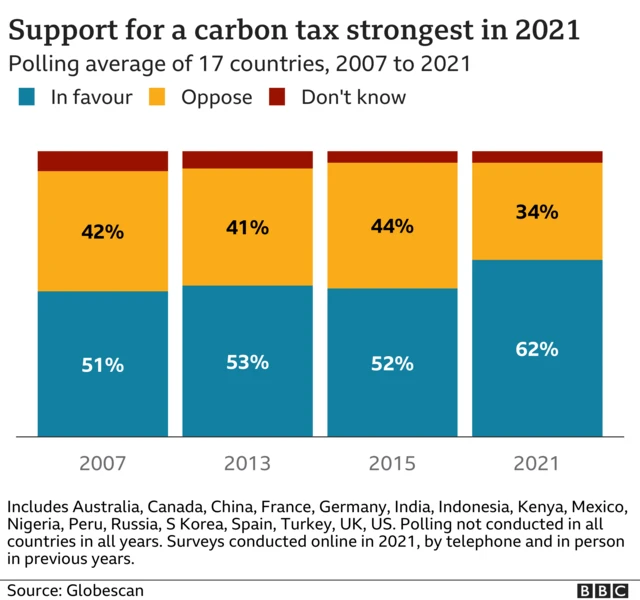
Public support for a carbon tax is growing globally, a new poll conducted for the BBC World Service suggests.
Carbon taxes put a higher price on energy that contributes the most to climate change, such as coal, oil and gas. The idea is to encourage people and businesses to use them less.
The poll in 31 countries was conducted in June and July 2021 and interviewed more than 30,000 people.
It shows 62% of people are in favour of increasing taxes on carbon-intensive energy, up from 52% in 2015. Support has grown substantially in countries that emit the most carbon, including in the US where it increased from 39% in 2015 to 56% in 2021.
People in China (83%), Vietnam (80%) and Indonesia (78%) are most in favour. While Germany and Saudi Arabia have the lowest levels of support - 51% and 50% respectively are opposed.
In the UK, 58% support the tax with more than two-thirds of people under 30 agreeing with the idea.
